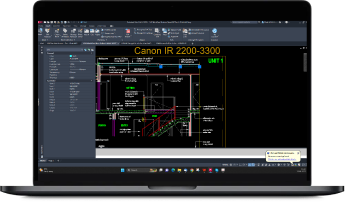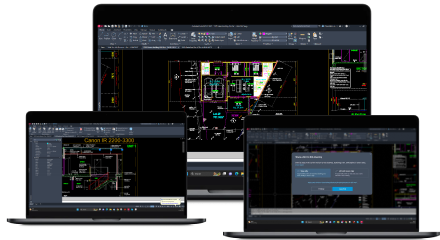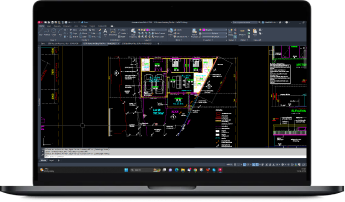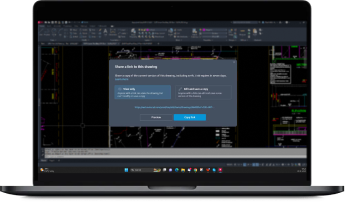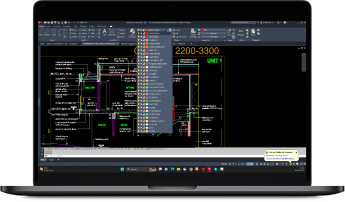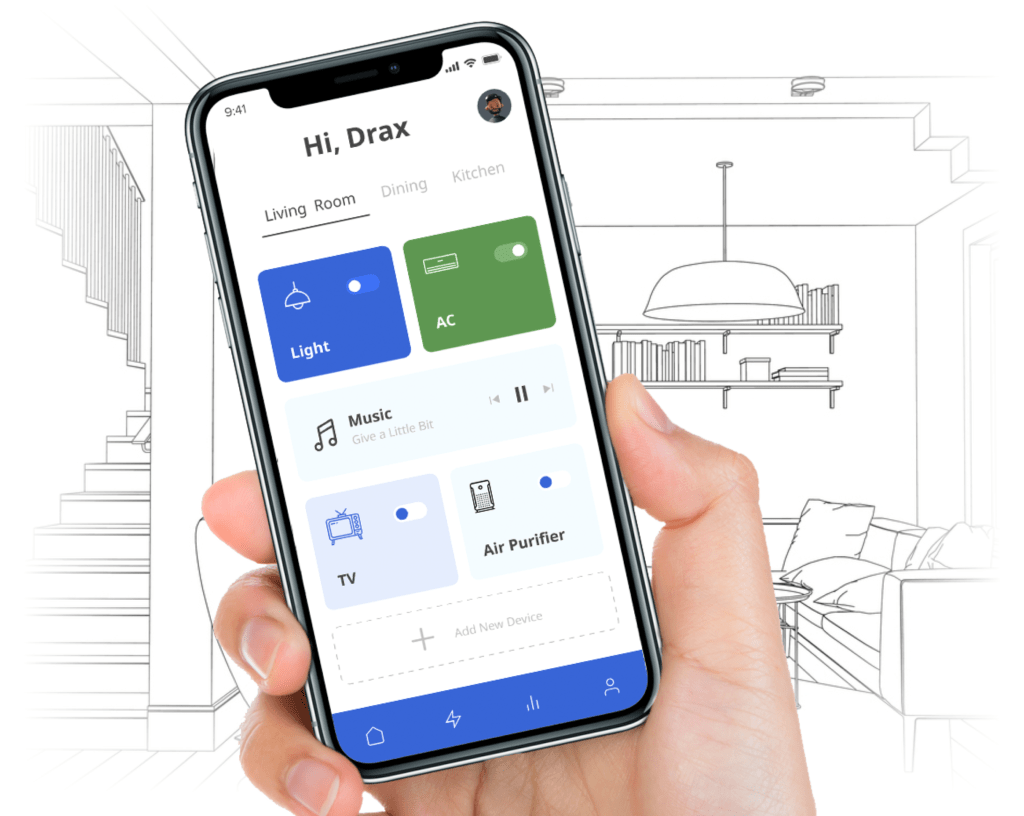Business Overview
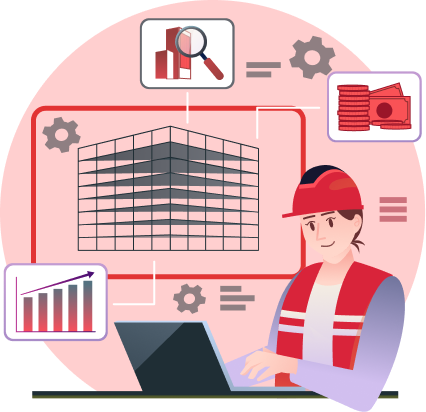
- AI-Build is a construction technology company specializing in tech product development in the computer-aided design (CAD) space.
- Their focus is on leveraging generative artificial intelligence (AI) and machine learning (ML) models to enhance the CAD industry.
- AI-Build aims to automate design processes, improve productivity, enhance accuracy and precision, enable customization, and ensure scalability in their tech product development.
The Challenges
- Developing a system capable of generating optimized and intelligent designs based on specified parameters and constraints presented a significant challenge due to the complexity of design automation in the CAD space.
- Automating repetitive tasks and reducing manual intervention required overcoming the intricacies involved in streamlining the design process and integrating AI models seamlessly.
- Building a robust and scalable architecture that could handle large datasets and accommodate future growth posed a challenge in terms of data management, performance optimization, and resource allocation.

Solutions
-

Advanced Generative AI Models
We leveraged cutting-edge generative AI models such as GANs, VAEs, CNNs, and RL algorithms to automate design generation, optimize parameters, analyze design data, and provide real-time feedback, resulting in intelligent and optimized designs.
-

Modular and Scalable Architecture
Our team designed a scalable and modular technical system architecture that formed the foundation for the CAD product development. This architecture allowed for efficient integration of AI models, seamless deployment on different platforms, and easy scalability to handle large datasets and future growth.
-

Customization and Interactive Features
We incorporated interactive features and intuitive interfaces into the CAD product, empowering users to customize designs according to their specific requirements. This flexibility enhanced user satisfaction and added value to the product.
-

Streamlined Design Process
Our solution automated repetitive tasks, reduced manual intervention, and streamlined the design process, resulting in improved productivity. By optimizing design generation and minimizing human error, we achieved higher efficiency and time savings.
-

Error Detection and Quality Control
Through the implementation of CNNs, our solution enabled real-time error detection, quality control, and identification of design flaws based on visual analysis. This enhanced accuracy, reduced rework, and improved overall quality of the CAD product.
-

Iterative Development and Continuous Improvement
We employed Agile methodologies, allowing for iterative development, feedback incorporation, and continuous improvement of the CAD product. This approach ensured that the product met AI-Build's requirements and evolved with their evolving needs.
Project Features
- User-friendly front-end interface for design input, customization, and visualization. Backend services for user requests, data processing, and integration with generative AI models.
- Generative AI model layer using GANs, VAEs, and CNNs for design generation, optimization, error detection, and quality control. Robust and scalable database system for efficient storage and retrieval of design data.
- Integration and deployment options for seamless interoperability with existing CAD software and platforms. Training of generative AI models using large datasets and optimization algorithms. Advanced design automation, enhanced accuracy and quality control, streamlined customization, and scalable architecture achieved as outcomes.
Outcome
- The CAD product developed by SoluLab allowed AI-Build to automate the design process, generating intelligent and optimized designs based on specified parameters and constraints. This significantly reduced manual efforts and improved overall productivity.
- By leveraging ML models, the CAD product was able to analyze design data, identify errors, and provide real-time feedback. This resulted in improved accuracy, reduced rework, and enhanced quality control. SoluLab incorporated interactive features and intuitive interfaces, empowering users to customize designs according to their specific requirements. This flexibility added value and improved user satisfaction.
- SoluLab’s robust and scalable architecture ensured the CAD product could handle large datasets and accommodate future growth. This allowed AI-Build to scale their operations without compromising performance.
